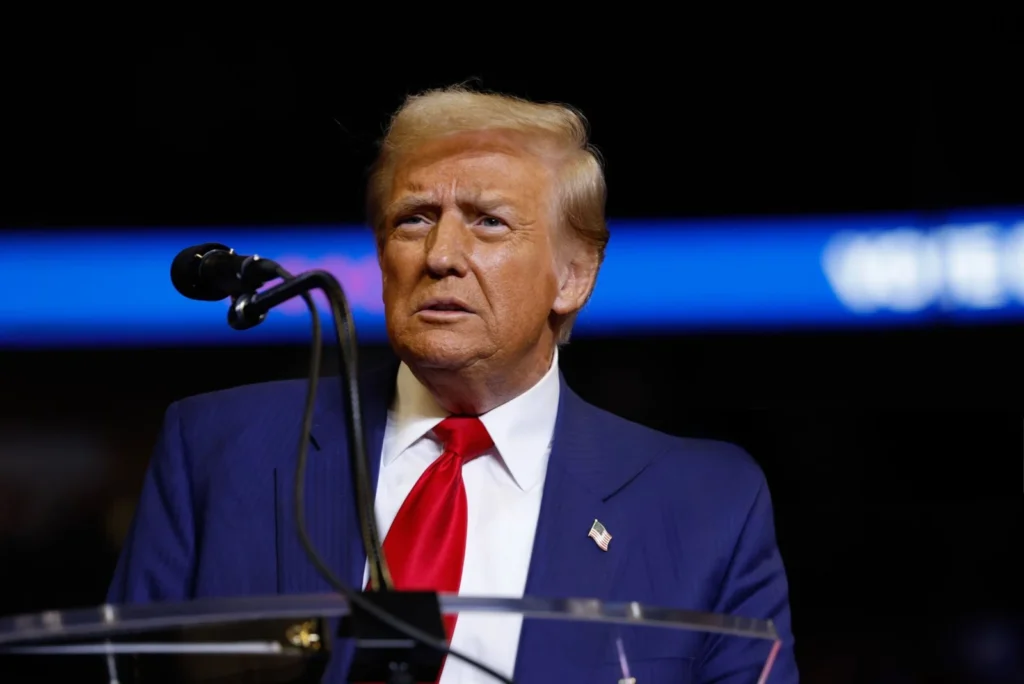As Donald Trump prepares for his inauguration, European leaders emphasize the importance of strong relations with Washington. They recognize potential challenges under Trump’s leadership but prioritize maintaining collaboration with the US.
UK and Latvia Commit to Strong US Relations
British Foreign Secretary David Lammy reaffirmed the UK’s dedication to its “special relationship” with the US. “We are eager to work with Donald Trump over the next four years,” Lammy stated.
Latvian President Edgars Rinkēvičs acknowledged past strength in US-Latvia relations despite concerns over future challenges. He highlighted issues like defense spending, climate policy, and European unity as key areas of focus. “We face an uncertain and turbulent year,” Rinkēvičs said, stressing Europe’s need to adapt to Trump’s leadership style.
France and Denmark Address New Realities
French Foreign Minister Jean-Noel Barrot called for Europe to set boundaries in its relationship with the US. Barrot emphasized safeguarding European sovereignty and protecting public debate from external influences, including US-based platforms. His concerns included Elon Musk’s involvement in European politics through social media.
Danish Foreign Minister Lars Løkke Rasmussen warned of potential foreign policy crises under Trump. He cited Trump’s controversial statements about Greenland as a major concern. Earlier, Trump suggested the US might take control of Greenland to secure strategic interests. Greenland’s Prime Minister Múte B Egede firmly rejected the idea, asserting Greenland’s independence.
Trump’s Promises for Immediate Action
Following his inauguration, Trump plans to move quickly on policy changes. He has pledged to accelerate deportations, increase fossil fuel production, and reduce civil service protections. Trump promised his presidency would bring “a brand new day of American strength, prosperity, dignity, and pride.”
European leaders continue preparing for potential shifts, determined to adapt and uphold key transatlantic relationships.
